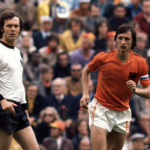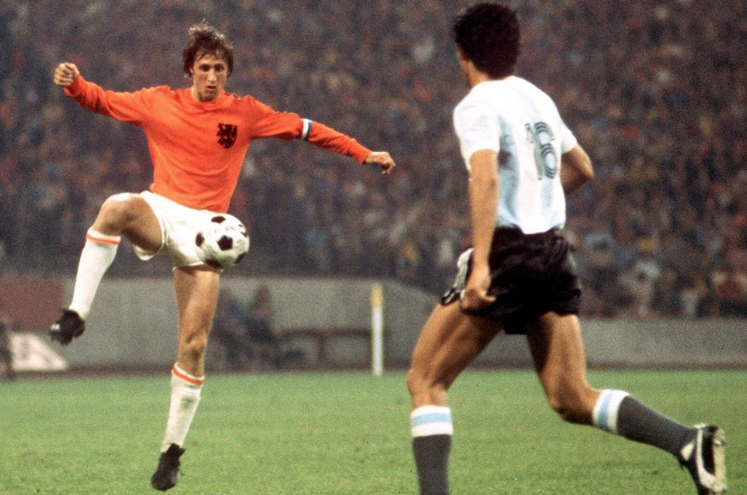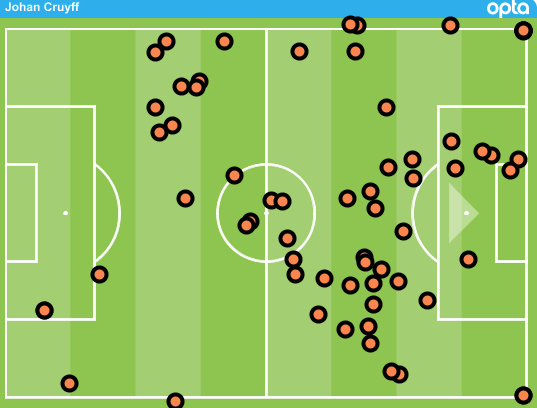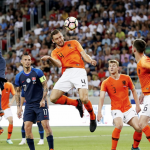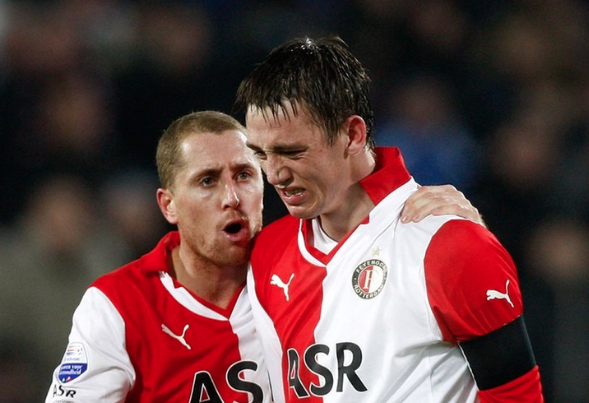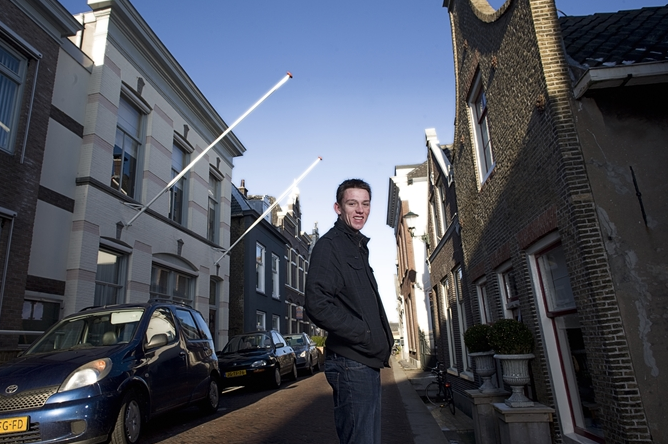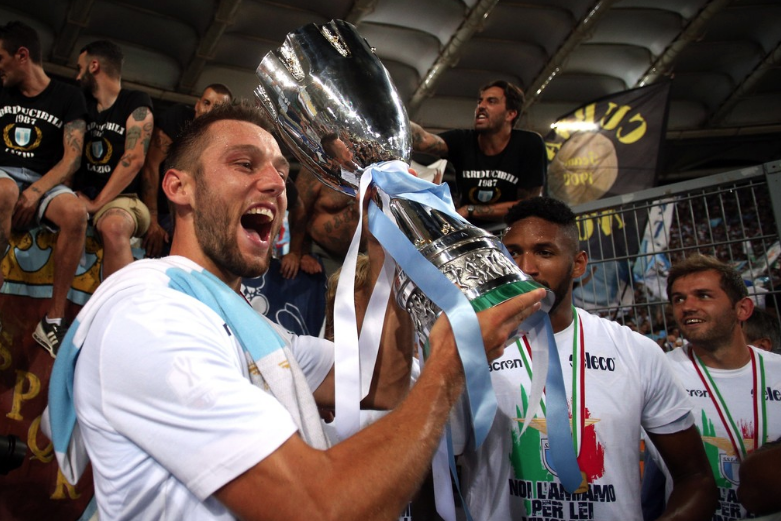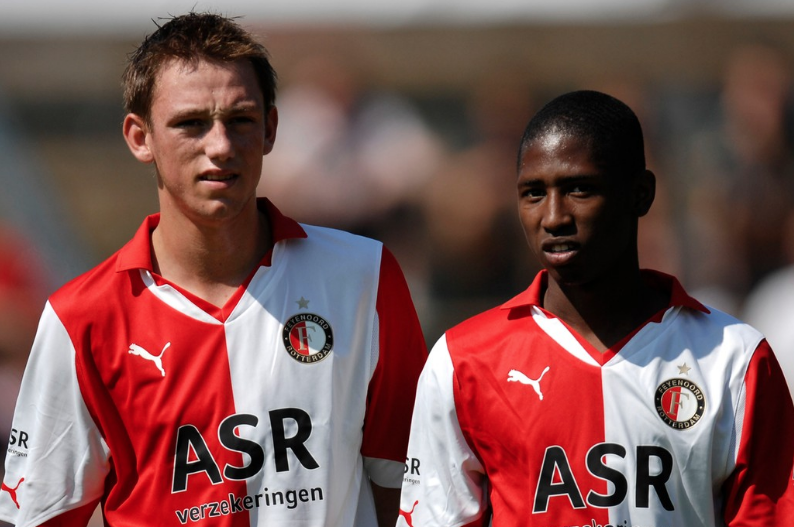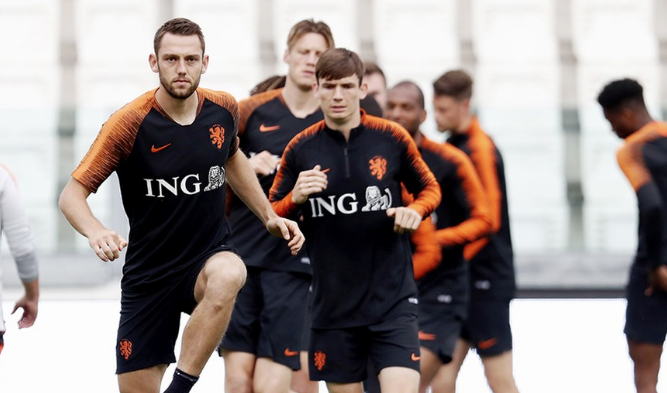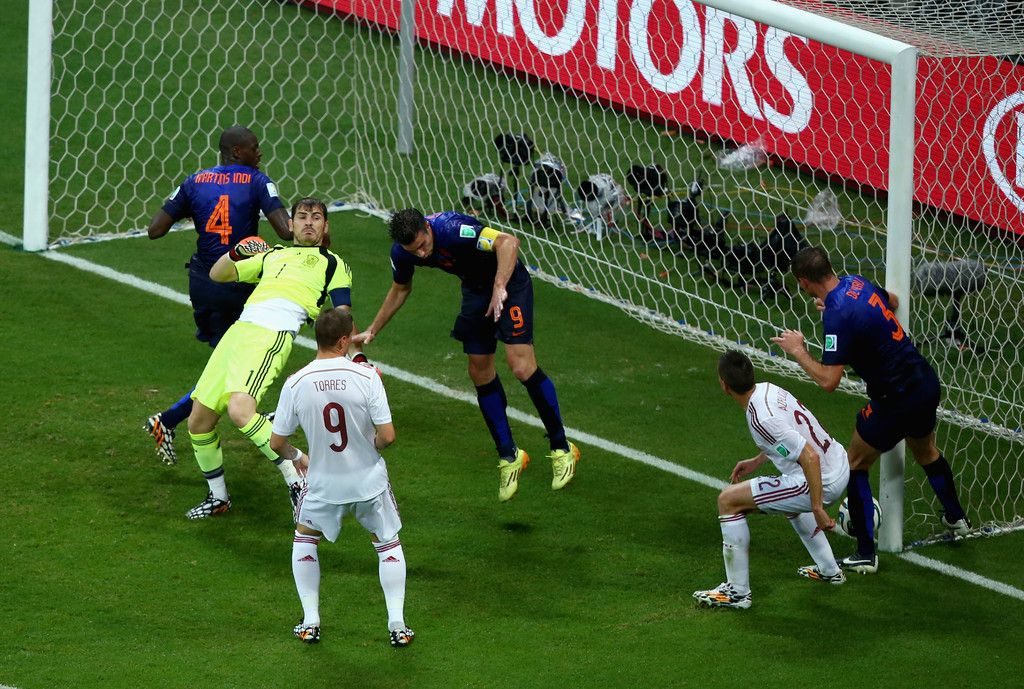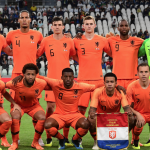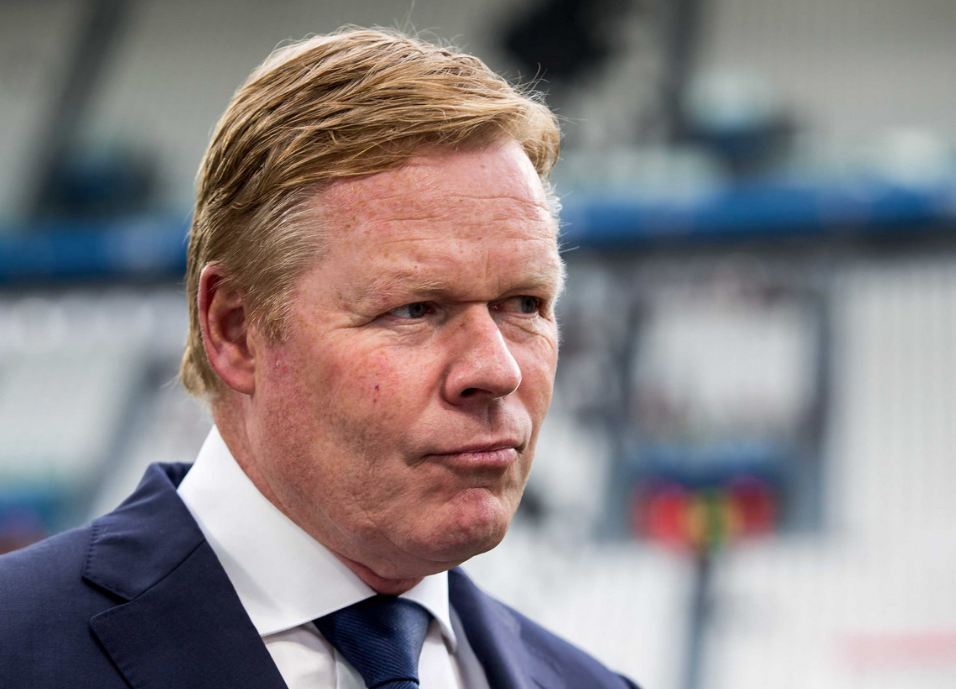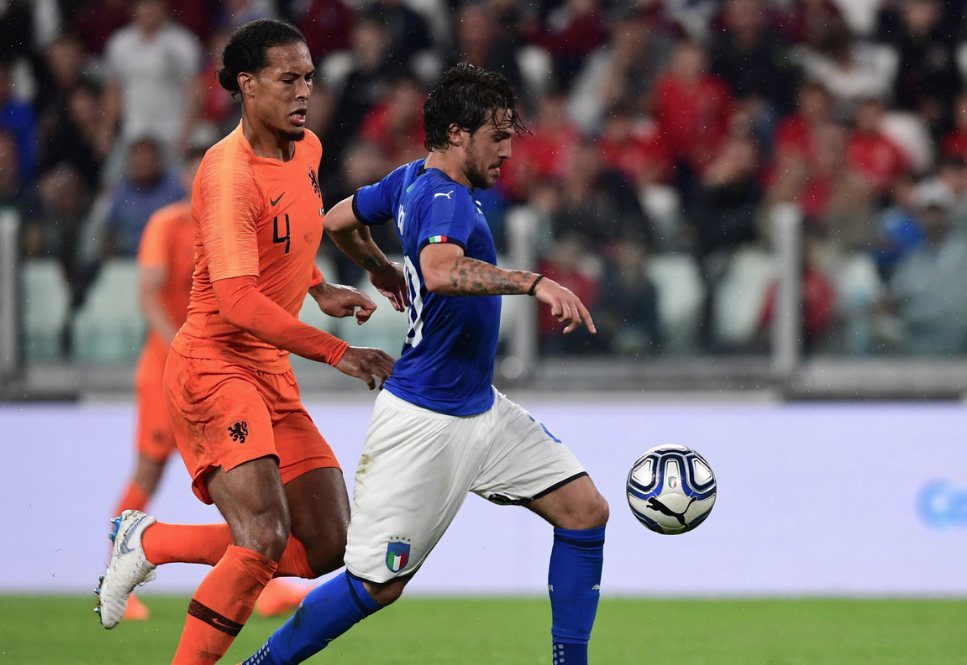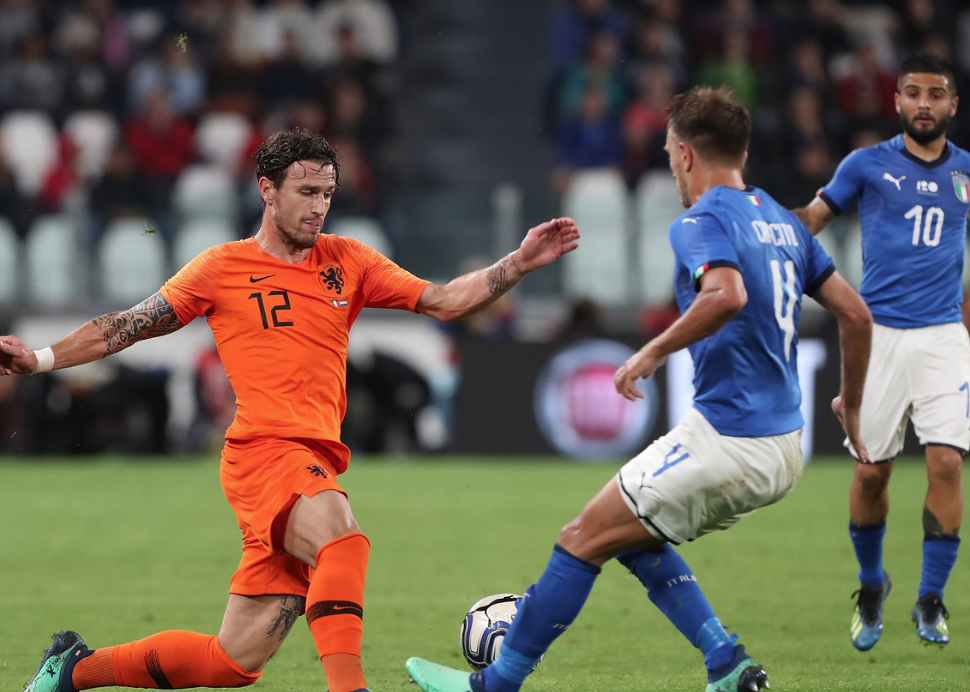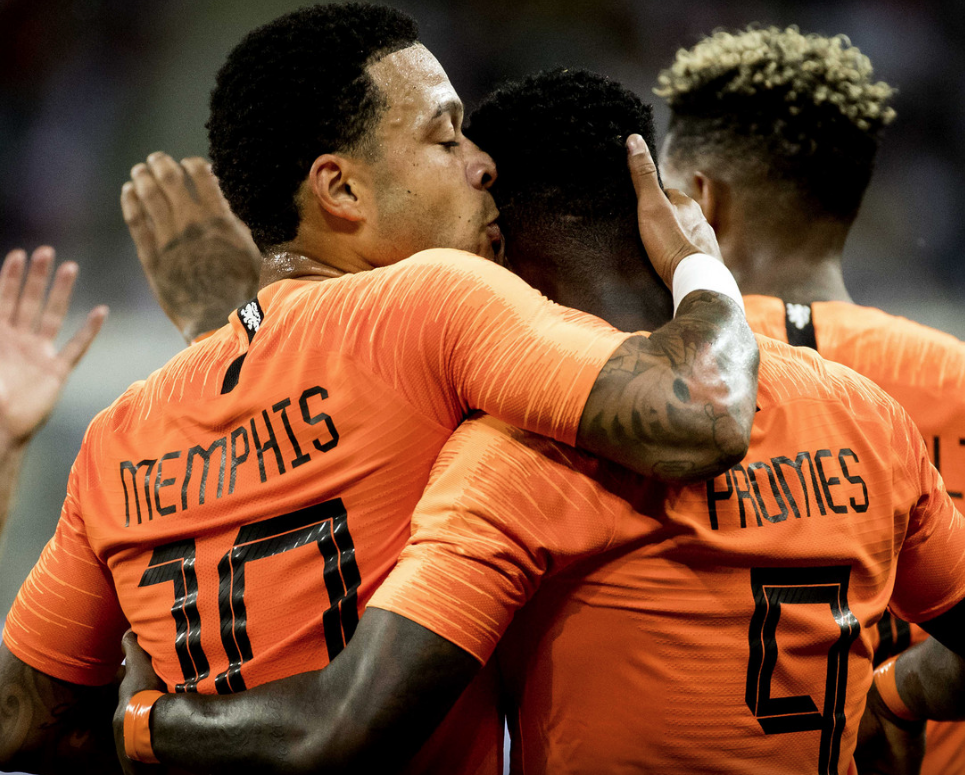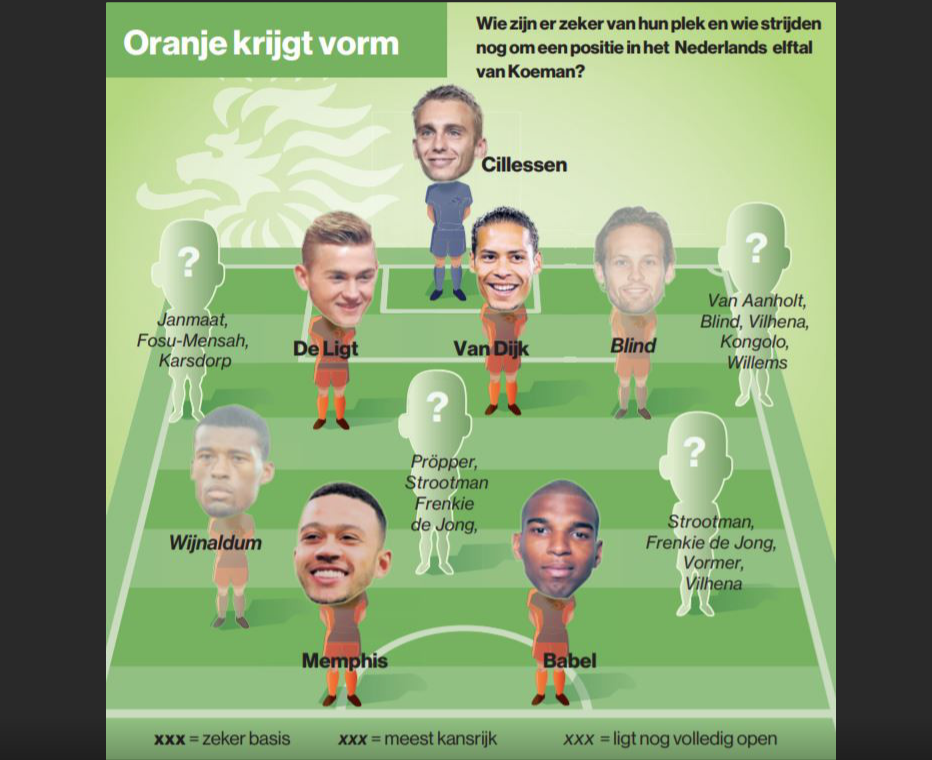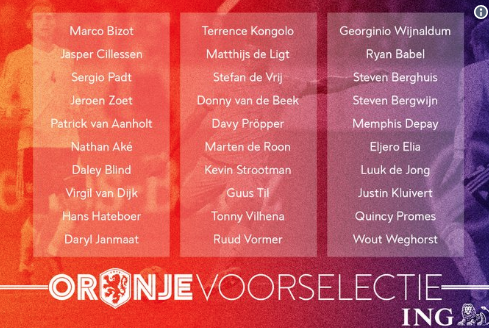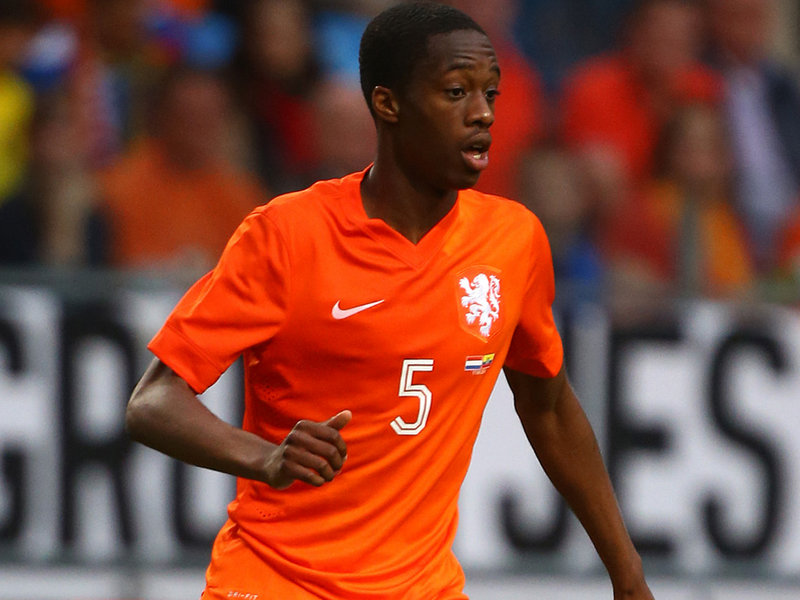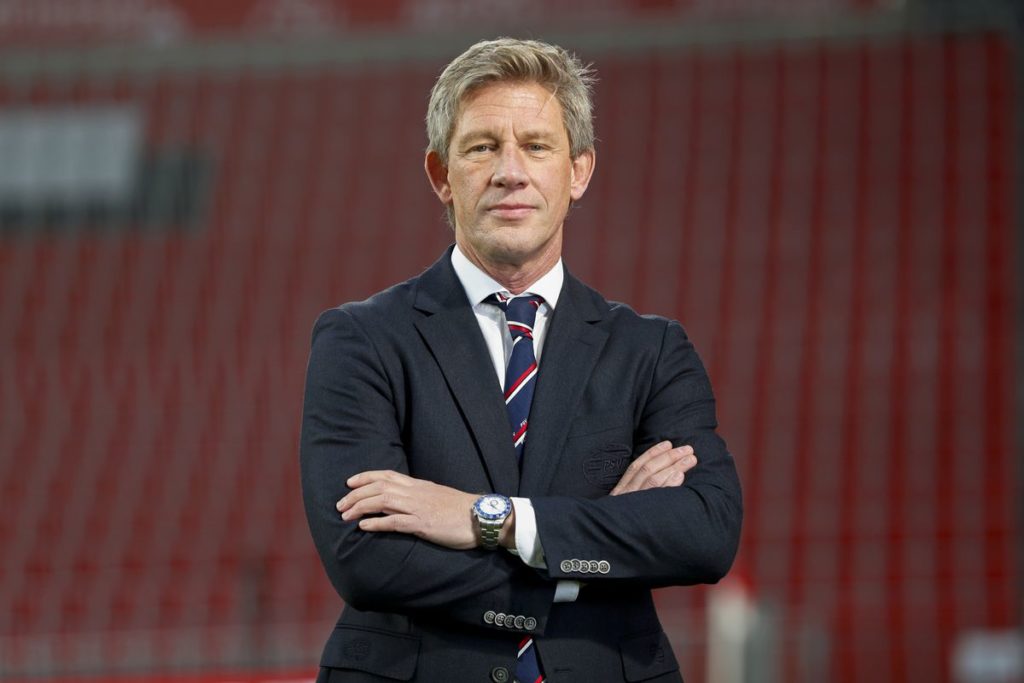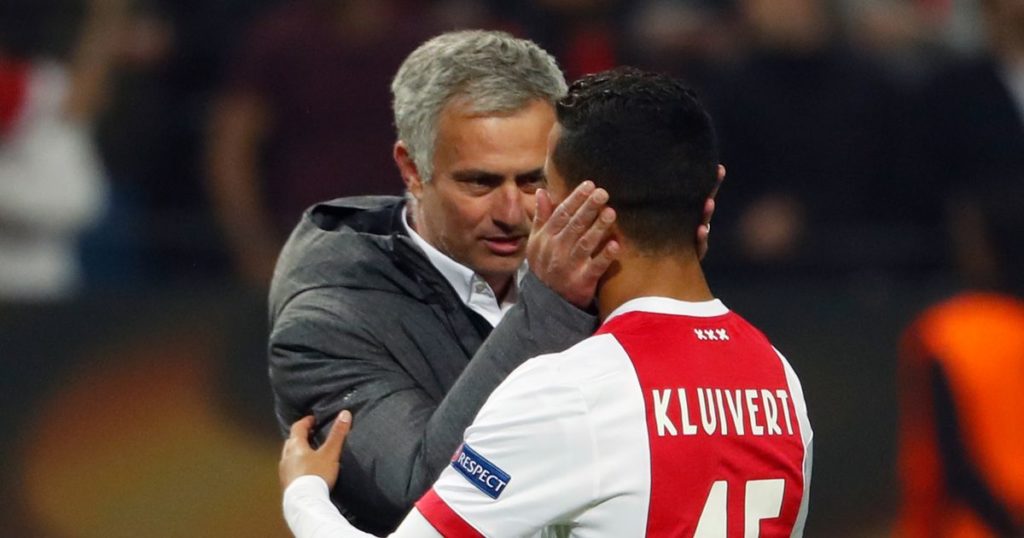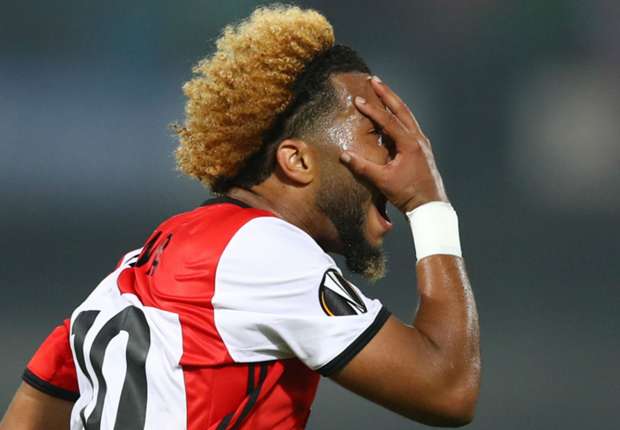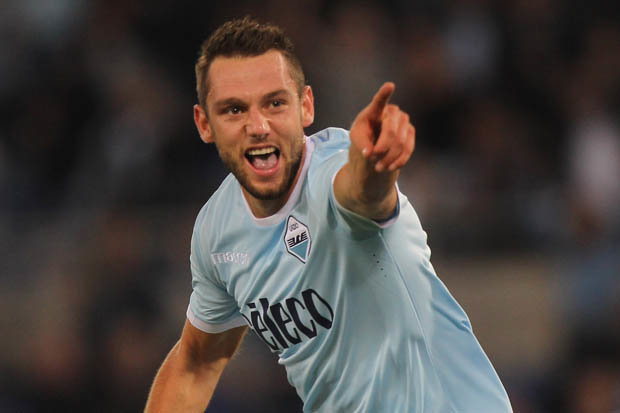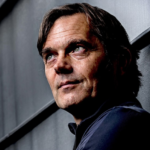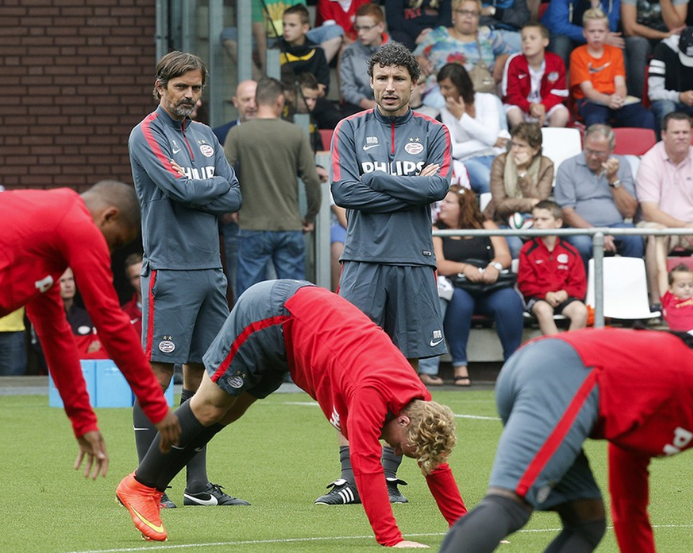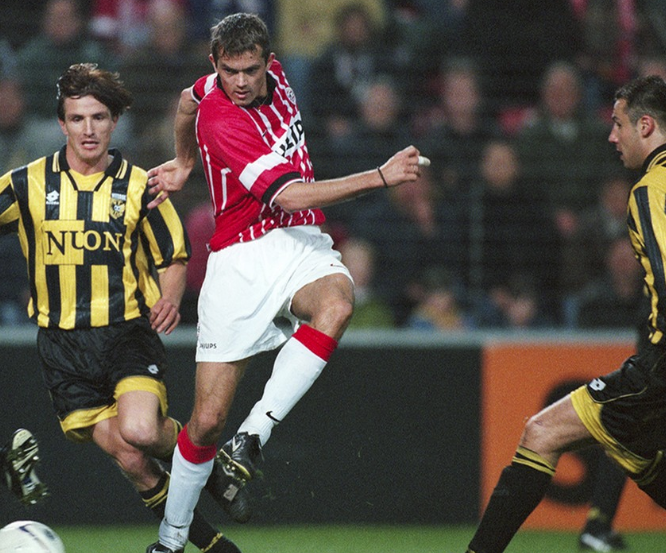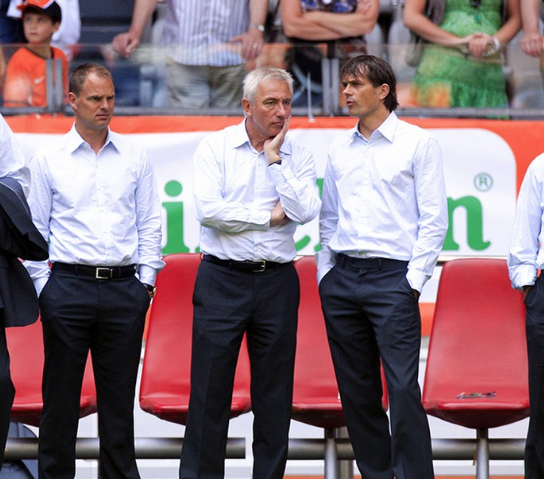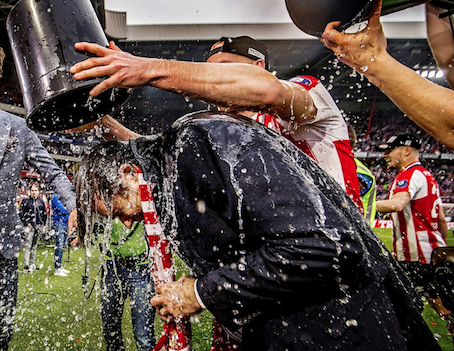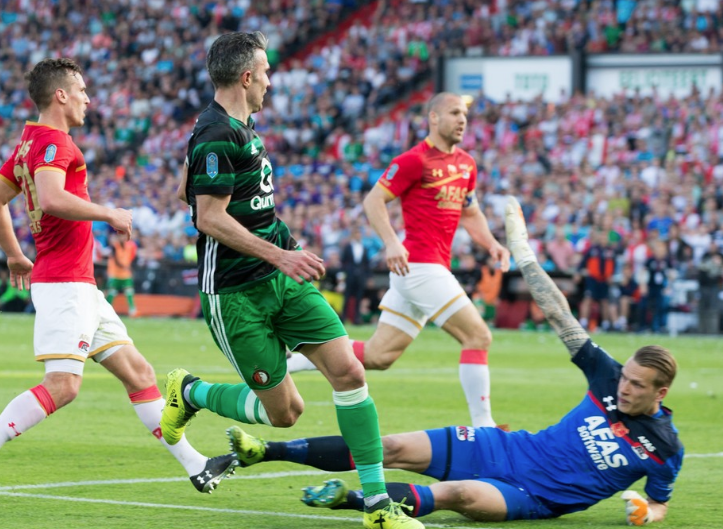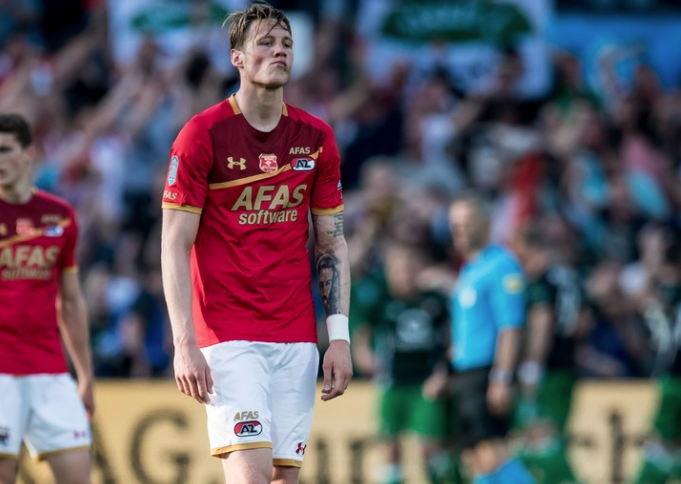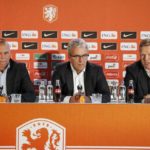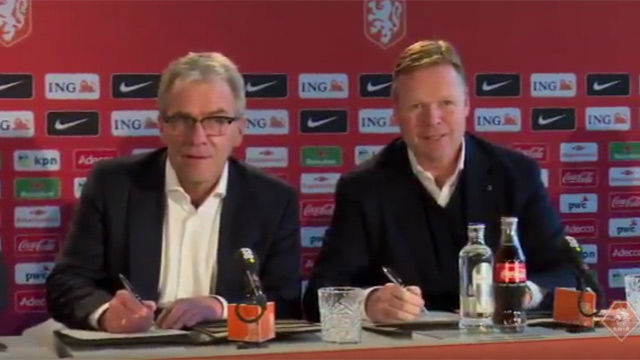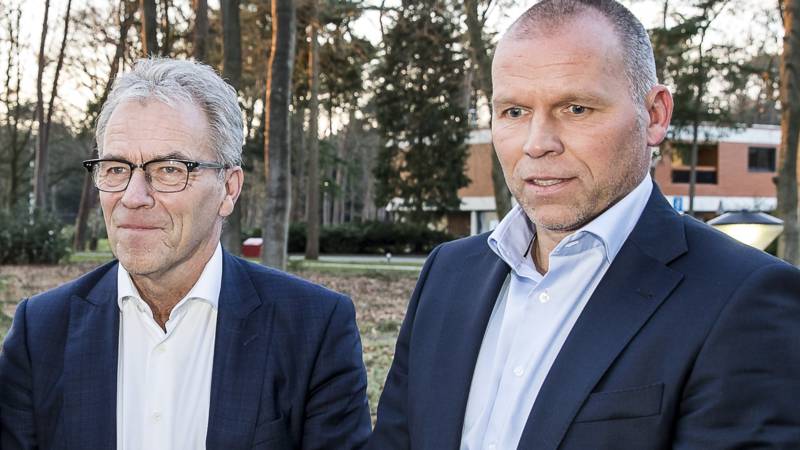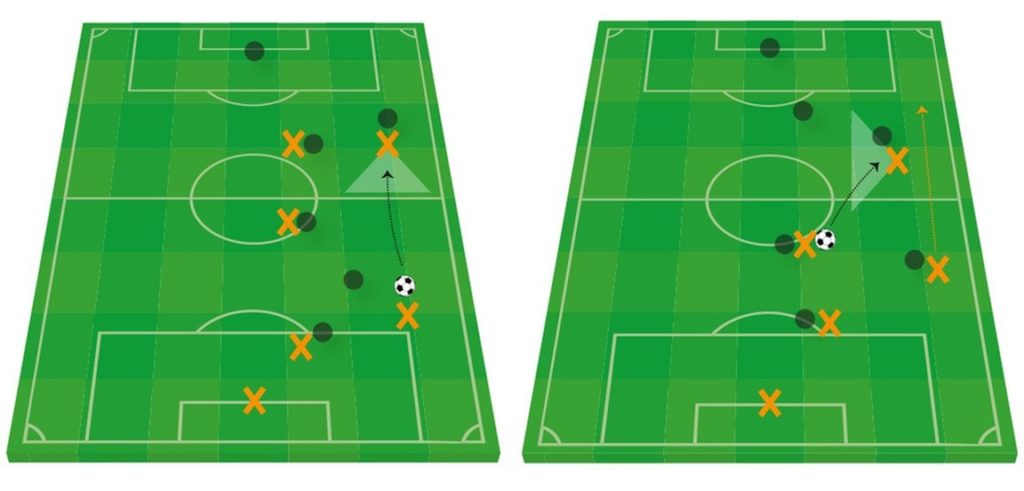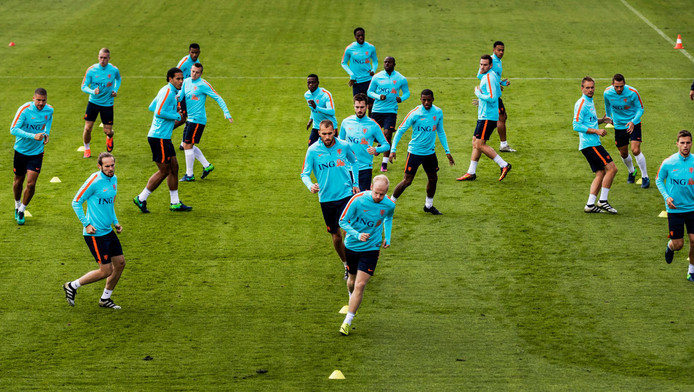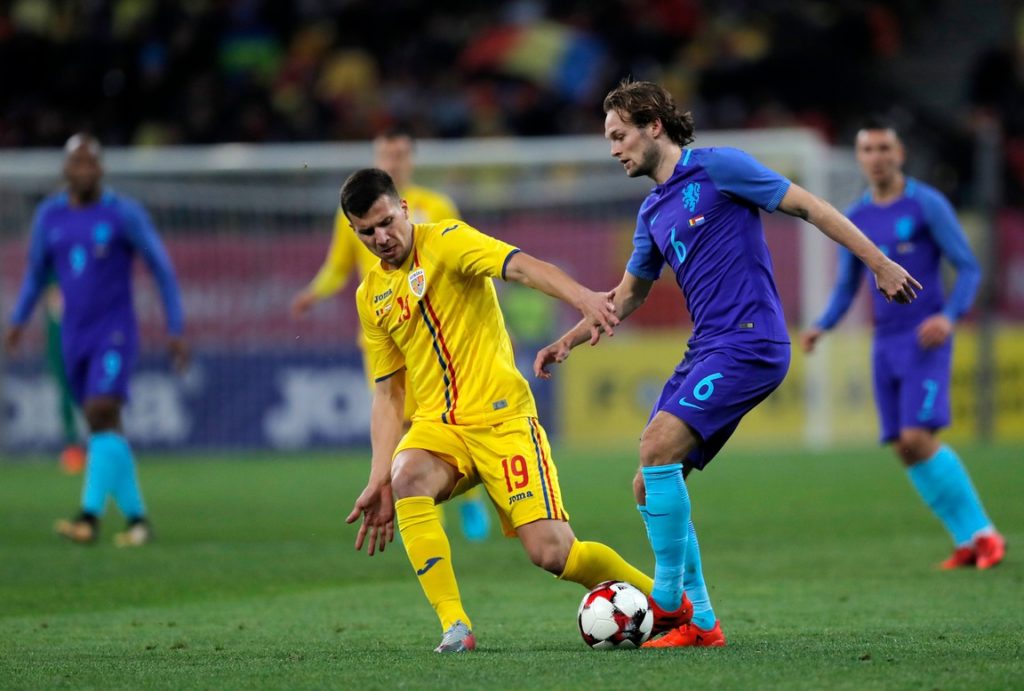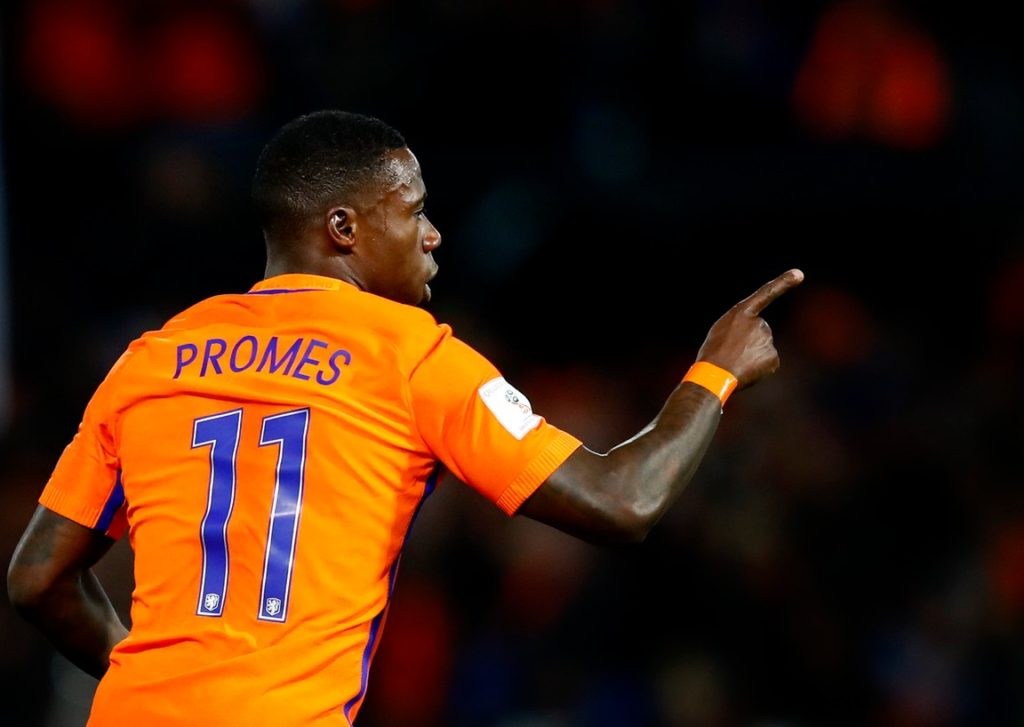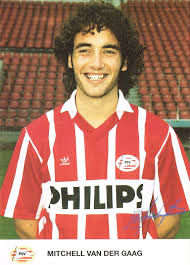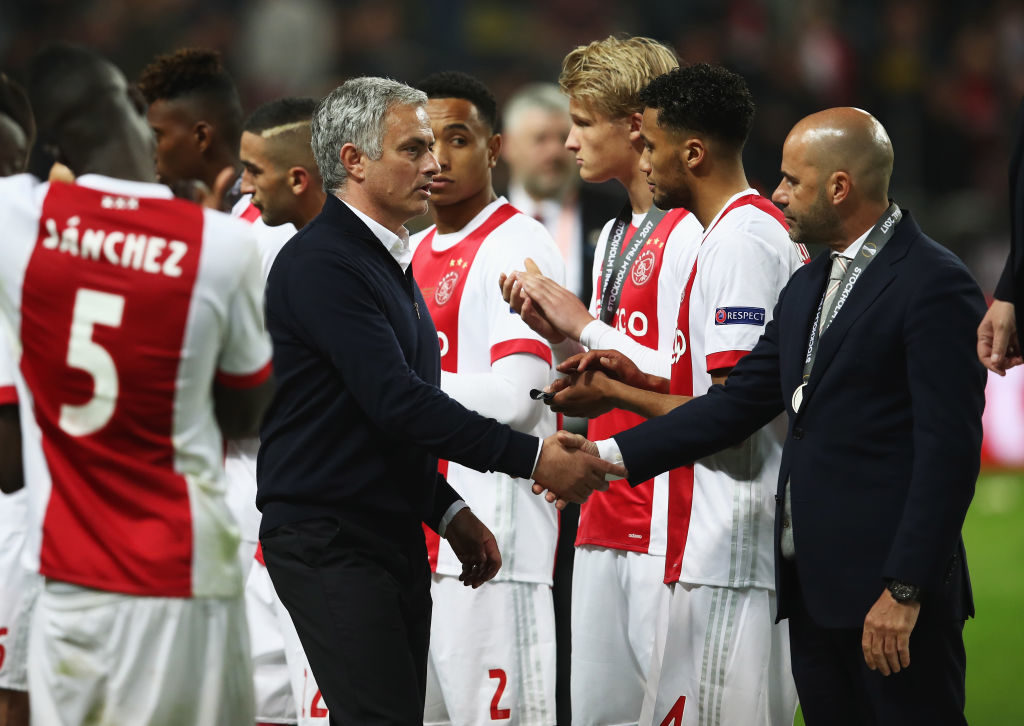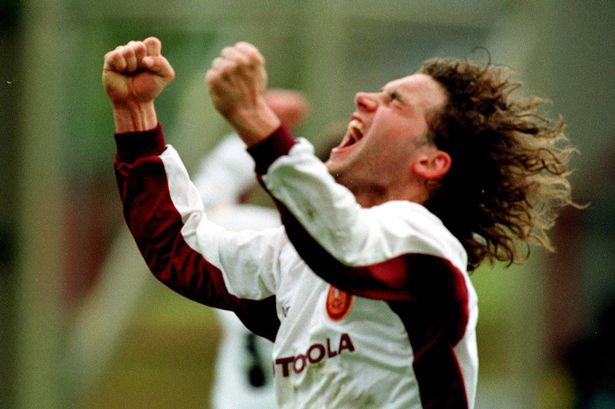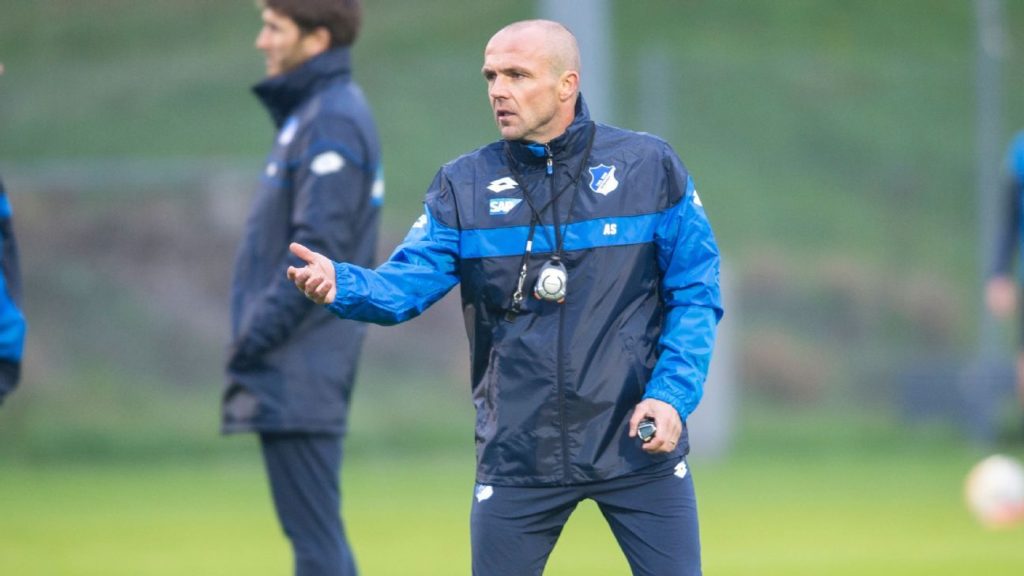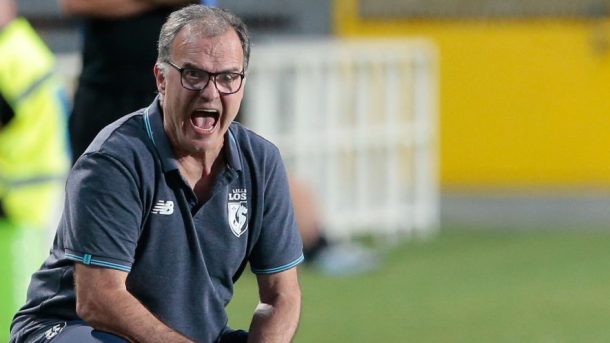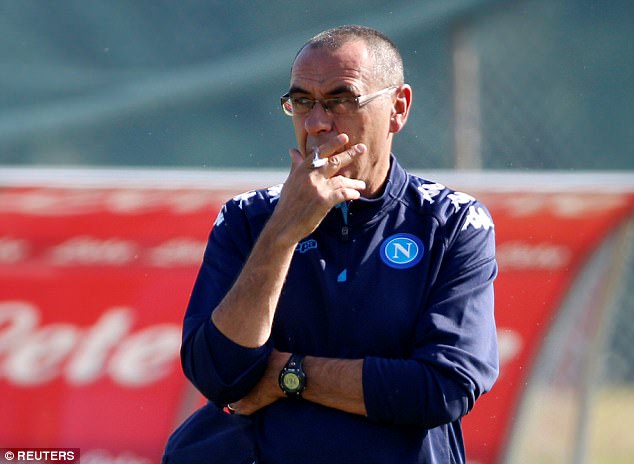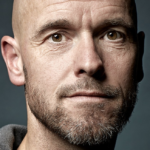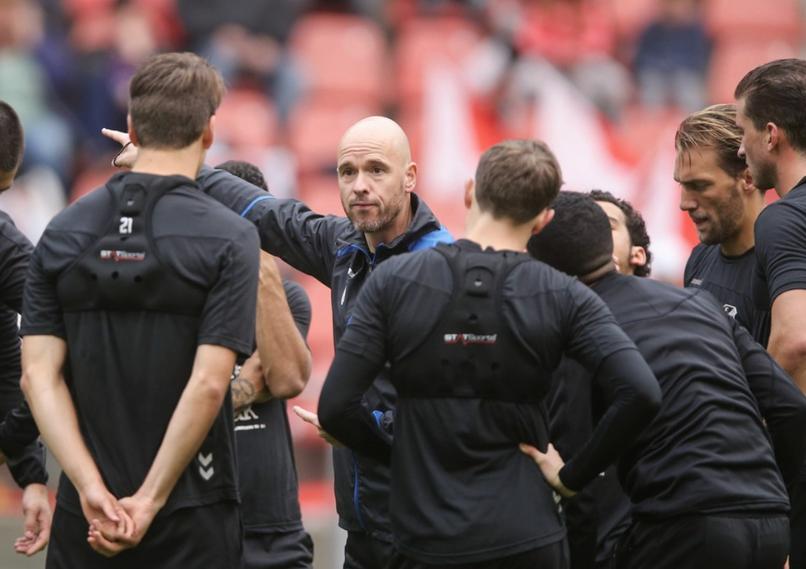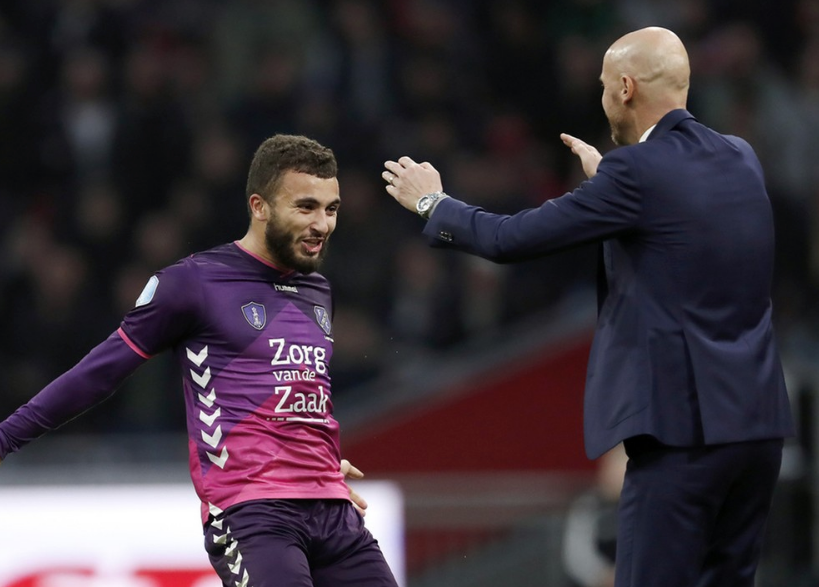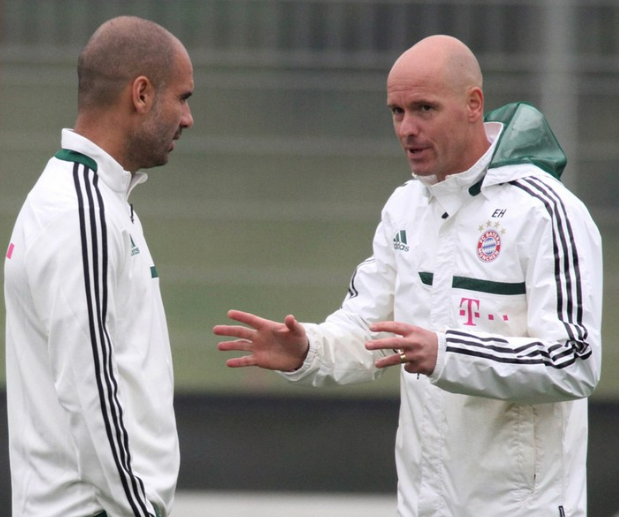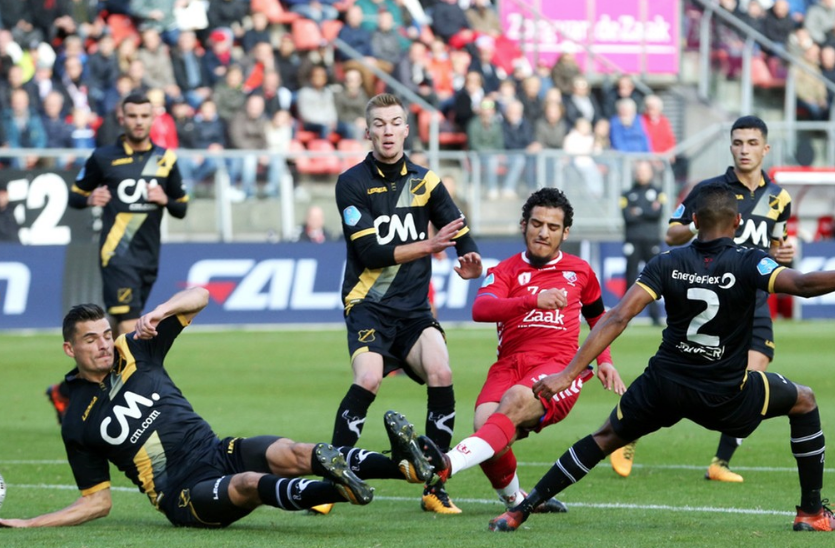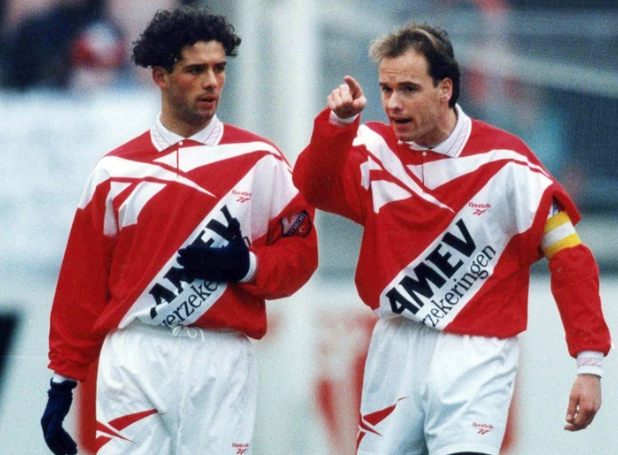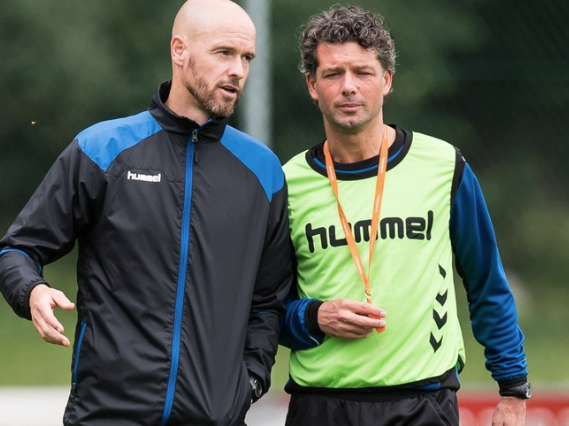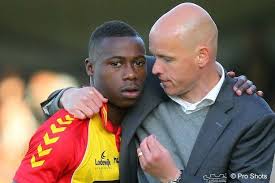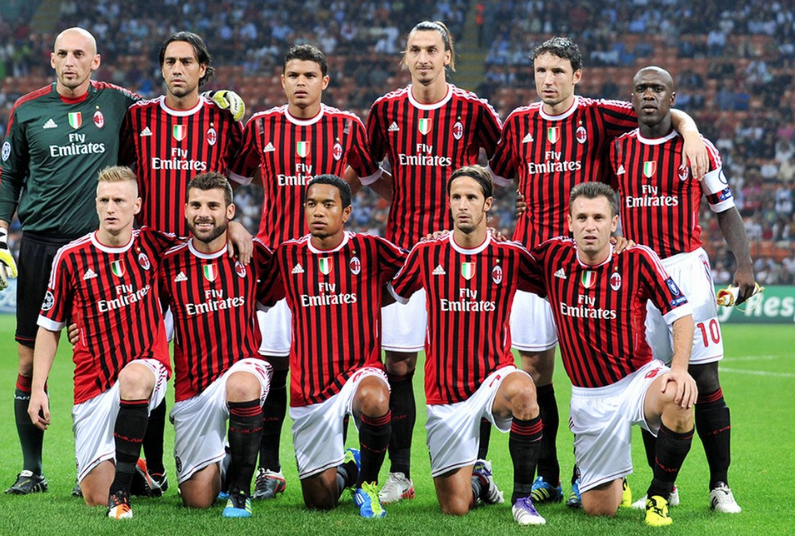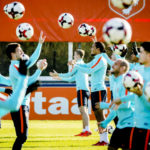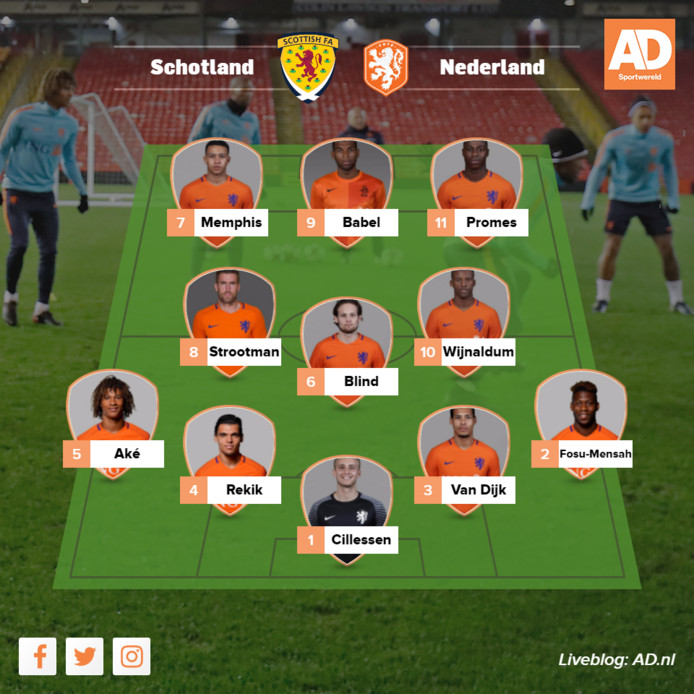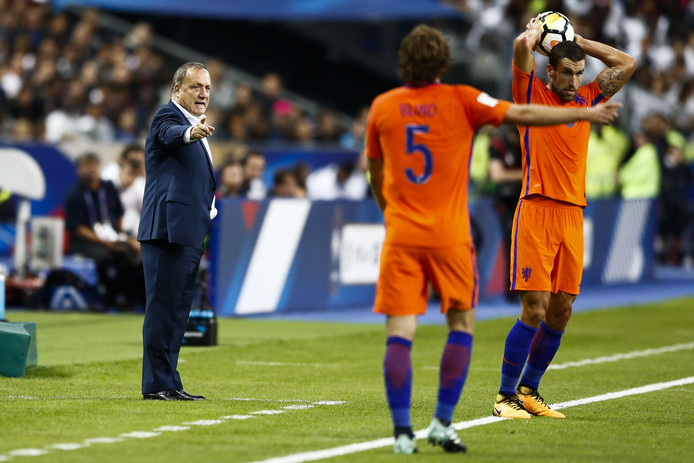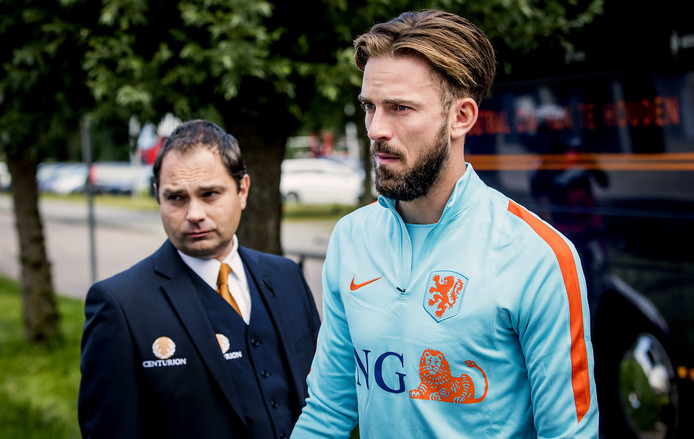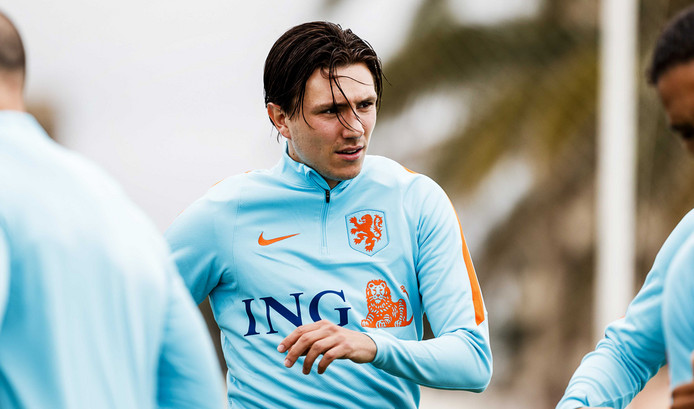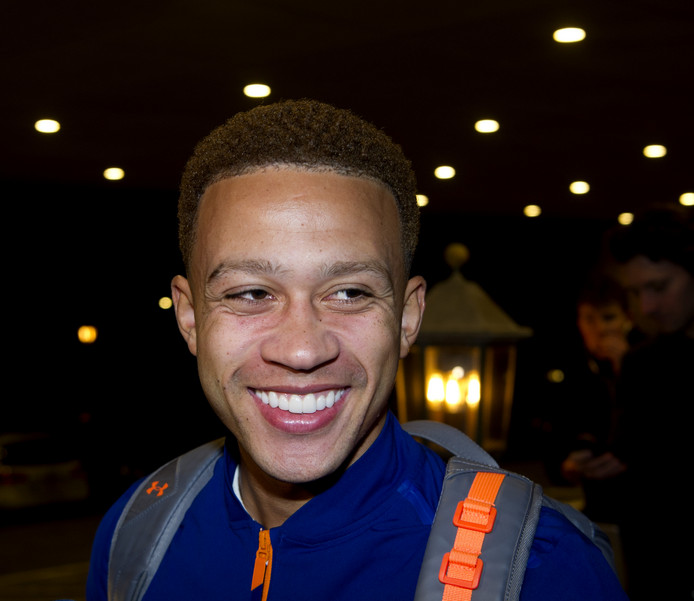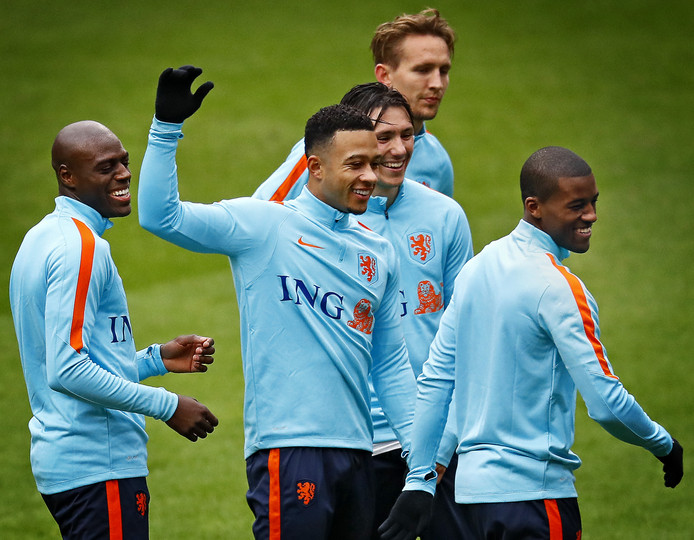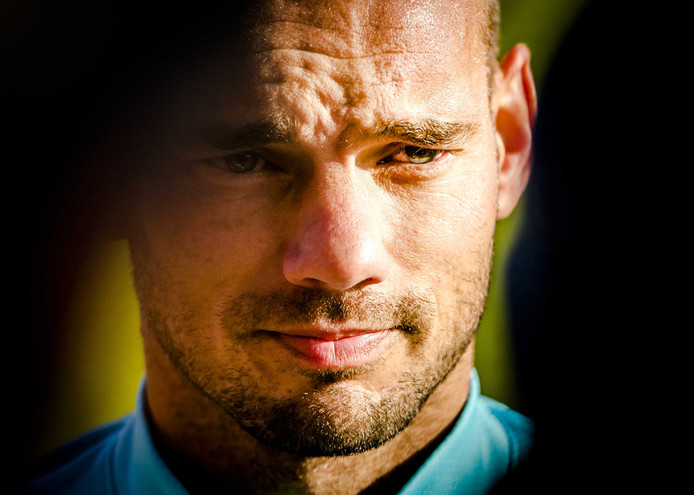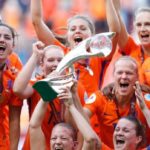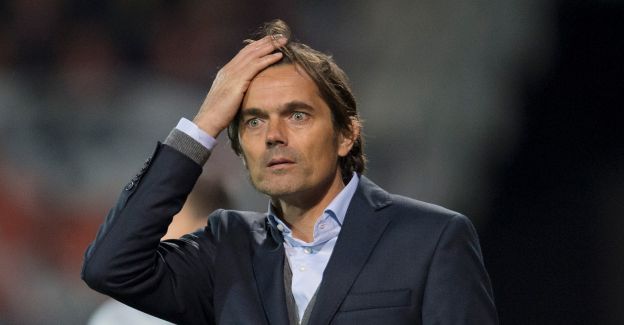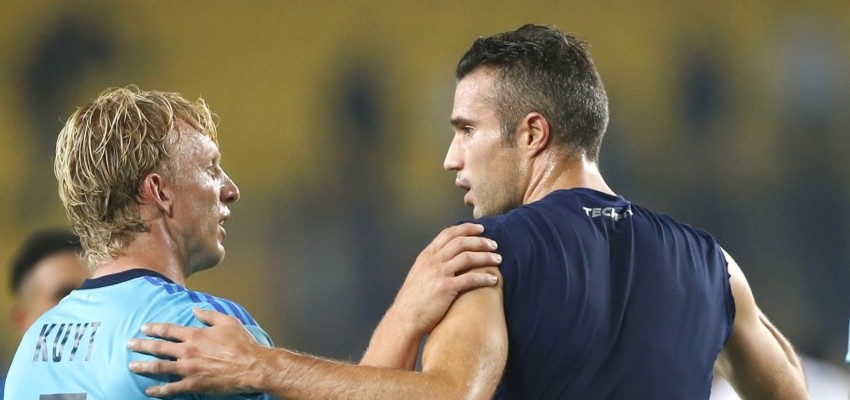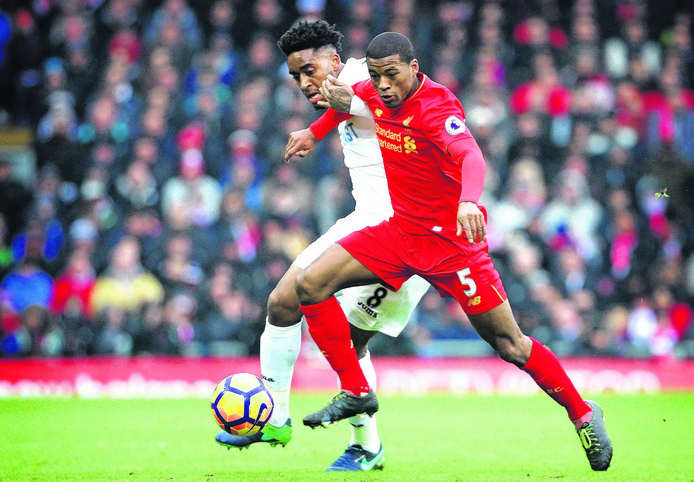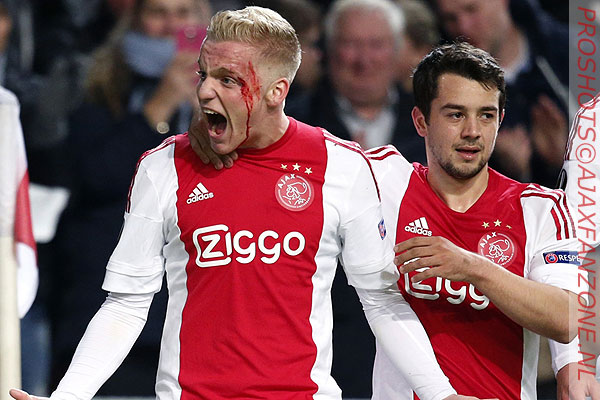Although West Germany got the title in 1974, that World Cup was Johan Cruyff’s and Oranje’s tournament. And based on the historic numbers below, we can see why. In this tournament, Cruyff has had the most successful dribbles, he creates the most chances and he is playing all over the pitch. Something that was totally unique in those days and simply copied later by Barcelona and Messi (and others since).
Lots of players have their signature moves. But the first one to claim that at the world stage was Cruyff. He led Oranje to the finals and eventually lost against West Germany, but he dazzled the world with the so-called Cruyff Turn. Another iconic Cruyff move was the dribble in the finals. In the first minute, without any of the Germans touching the ball, JC found his way into the box, until he got fouled and Neeskens was able to score from the spot. The 1974 World Cup star was and always will be, Johan Cruyff.
So lets start with the second match Oranje played. After beating Uruguay with 2-0, Oranje faces Sweden. And Cruyff will have 12 successful dribbles in that match. Only eight (8) player managed to do this in one match, in the last 50 years.
| Date | Match | Team | Player | No. success dribbels |
|---|---|---|---|---|
| 12/07/1966 | Portugal – Hungary | Portugal | Eusébio | 12 |
| 07/06/1970 | West-Germany – Bulgaria | West-Germany | Reinhard Libuda | 12 |
| 17/06/1970 | Brazil – Uruguay | Brazil | Jairzinho | 13 |
| 19/06/1974 | Netherlands – Sweden | Netherlands | Johan Cruijff | 12 |
| 23/06/1974 | Poland – Italy | Italy | Sandro Mazzola | 12 |
| 22/06/1986 | Argentina – England | Argentina | Diego Maradona | 12 |
| 01/07/1990 | England – Cameroon | England | Paul Gascoigne | 13 |
| 05/07/1994 | Nigeria – Italy | Nigeria | Jay Jay Okocha | 15 |
It’s not just the number of dribbles that determined the domination of the Dutch #14. He is at the heart of everything. As the striker of the team, he’s also the dreh-und-angel-punkt. Or the pivot. He drops deep into midfield to start the move, or he moves to the left flank to start his dribble. Other players take the oppportunity to move into the striker position and to “arrive” in the hot spot as opposed to “being there” already. As a result, Johan only scored 3 goals at the World Cup, with Rensenbrink and Rep scoring more (wingers, both) but the former Ajax man was involved in eight of the 14 Oranje goals!
His assists against Argentina (the 3-0) and against Brazil (the 1-0) are typical for his tournament. Against Argentina, he moves into the left flank role and offers a great cross with his left for John Rep to finish. As JC left the central striker position, Rep moved into that role and is on hand at the far post to head the ball home. Against Brazil, Cruyff is on the right flank and he crosses the ball with his right this time, for Johan Neeskens to burst into the box and score.
In terms of dribbles and creativity, Cruyff is boss at the World Cup 1974, with one hand tied behind his back even. Cruyff has 54 touches in the opponent’s box for instance, a number only bettered by West Germany striker Gerd Muller. Cruyff was for Oranje what Messi is now for Barca: playmaker and finisher at the same time.
| Player | Successful dribbles |
|---|---|
| Johan Cruijff | 34 |
| Uli Hoeness | 23 |
| Sandro Mazzola | 22 |
| Jairzinho | 19 |
| Robert Gadocha | 19 |
| Francisco Marinho | 19 |
| Player | chances created |
|---|---|
| Johan Cruijff | 36 |
| Kazimierz Deyna | 29 |
| Jairzinho | 19 |
| Robert Gadocha | 19 |
| Wolfgang Overath | 18 |
| Gerd Müller | 18 |
La Naranja Mécanica (Clockwork Orange) as Rinus Michels’ team would be called, combines towards the finals, against host nation West Germany. The 2-1 defeat causes a national football trauma. Cruyff plays his weakest match, and according to myth, the so-called Bild Swimming Pool incident is at fault. The Bild magazine organised for some naked girls to dive into the pool where the Oranje players were relaxing in their hotel. Bild took the photos and published them a day before the finals. The phone calls from the players’ wives would be the cause for the lack of concentration in the finals. But what do the stats tell us?
West Germany sacrifices Berti Vogts and has him man mark Cruyff across the pitch. The touch map above shows that JC starts to wander around to get rid of Vogts. He is less dominant than usual and West Germany is able to destabilize his threat. Cruyff has zero attempts on goal and only has two would be assists on a team mate.
| Opponent | Goals | Assists | Penalties | Ball touches | Goal attempts | Key passes | |
|---|---|---|---|---|---|---|---|
| Uruguay | 0 | 0 | 0 | 107 | 4 | 5 | |
| Zweden | 0 | 0 | 0 | 96 | 4 | 6 | |
| Bulgarije | 0 | 1 | 1 | 91 | 3 | 11 | |
| Argentinië | 2 | 1 | 0 | 86 | 4 | ||
| Oost-Duitsland | 0 | 0 | 0 | 63 | 1 | 6 | |
| Brazilië | 1 | 1 | 0 | 73 | 2 | 2 | |
| West-Duitsland | 0 | 0 | 1 | 66 | 0 | 2 | |
In fact, without a dominant role for the #14, Oranje is still quite threatening. Holland has more attempts on goal than West Germany (14 v 11) and the same number of shots on target (5 v 5 ). Of those 14 attempts, 11 are from within the box, which shows that JC’s wandering about allowed other team mates to find threatening positions.
| Stats Nederland | |||
|---|---|---|---|
| Goals | Shots | on target | Possession |
| 2 | 25 | 8 | 60,0% |
| 0 | 30 | 7 | 62,6% |
| 4 | 25 | 12 | 48,4% |
| 4 | 17 | 9 | 57,2% |
| 2 | 14 | 5 | 62,1% |
| 2 | 12 | 6 | 51,9% |
| 1 | 14 | 5 | 57,8% |
| Stats opponent | |||
|---|---|---|---|
| Goals | Shots | On target | |
| Uruguay | 0 | 1 | 0 |
| Sweden | 0 | 8 | 3 |
| Bulgaria | 1 | 11 | 3 |
| Argentina | 0 | 2 | 1 |
| East-Germany | 0 | 9 | 1 |
| Brazil | 0 | 14 | 1 |
| West-Duitsland | 2 | 11 | 5 |
The main difference with previous matches at the tournament, based on the stats – is the defence. West Germany is the only team to reach 10 goal attempts against Holland. West Germany has six attempts from within the box, of which four on target. This is an aspect that hasn’t been discussed too often: the key difference between this game and earlier matches was not so much Cruyff’s performance, but the performance of Oranje defensively.
| Opponent | Attempts from outside the box | Attempts from within the box |
|---|---|---|
| Uruguay | 1 | 0 |
| Sweden | 5 | 2 |
| Bulgaria | 4 | 4 |
| Argentina | 0 | 0 |
| East-Germany | 2 | 0 |
| Brazil | 3 | 0 |
| West-Germany | 6 | 4 |
Johan Cruyff in his autobiography “My side of the Story” about the 2-1 defeat. “I think we were actually too arrogant. I think we felt we could and would beat them. We were 1-o up in the first minute and wanted to play with them. And once you are at that point, it’s hard to turn it around. We had so many opportunities, but it felt like, whatever we tried, the ball didn’t wanna go in. We simply weren’t 100%. Both offensively and defensively. Look at the goals we conceded. We never conceded goals like that second by Gerd Muller. We were constantly a step too late. It was a mental thing.”
Cruyff did see the benefits of losing the finals. “Somehow, the story became better. The best team to never win it, and all that. And our style of play became famous. No one talks about the 1974 West Germany team, do they? And with our philosophy, we showed players who aren’t strong and tall can be stars. Rep, Rensenbrink, Jansen, myself… All over the world, football changed because of us.”
Today, Barcelona, Bayern Munich, Arsenal, Manchester City, they all seem to play fluid, without a fixed central striker, with lots of movement… the seed of this was sown by Cruyff, Van Hanegem and Neeskens and co in 1974….

